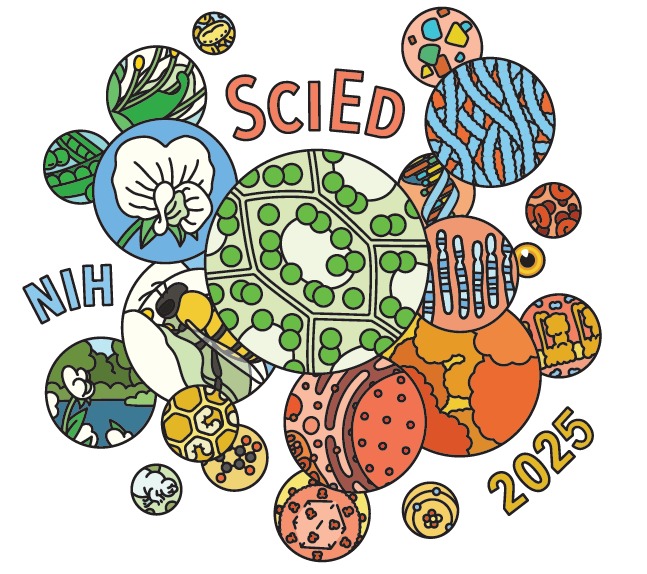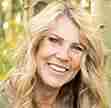Welcome from SciEd 2025 Conference Co-Chairs
Louisa A. Stark, PhD, H.A. and Edna Benning Presidential Endowed Chair and Professor of Human Genetics, University of Utah
Kristin M. Bass, PhD, Director of Research Development, Rockman et al Cooperative Inc.
L. Tony Beck Memorial Lecture
Funding, Policy, and Practice: Forces Shaping Informal STEM Education
Erika Shugart, PhD, Erika Shugart Consulting
Informal science and engineering education has been shaped by a decade of shifting federal priorities and philanthropic investments. National policies have alternated between emphasizing workforce preparation and cultivating broad scientific literacy, while private foundations have directed resources toward inclusivity, digital learning, and community engagement. These shifts have influenced how organizations define success, structure programs, and justify their contributions to society. By tracing these policy and funding trends, this talk highlights how external forces have framed the goals of informal science and engineering education and examines the tensions that arise when programs must align with changing and, sometimes competing, expectations.
Erika Shugart, PhD Biography
Erika Shugart is an experienced non-profit leader who has dedicated her career to improving organizations in the fields of science and education. She has a track record of building strong teams and improving non-profits’ finances. She is a change agent who has led organizational transformation in large, complex non-profits.
Erika Shugart, PhD is Principal of Erika Shugart Consulting, a firm that supports non-profit leadership through strategic planning, governance improvement, team building, and association management. Prior to her consulting work she was the CEO of two professional associations, the National Science Teaching Association from 2021 – 2025 and the American Society for Cell Biology from 2016 – 2021. At both organizations she led strategic planning initiatives that drove organizational success, collaborated with volunteer leadership to revise governance, and built high-performing teams. She was the Director of Communications and Marketing Strategy at the American Society for Microbiology from 2013 – 2016, where she oversaw media relations, digital communications, marketing, the membership magazine and public outreach for the society. She was also Principal of Erika Shugart Consulting, LLC a firm that specialized in improving audience engagement. Clients have included Academy Health and the Franklin Institute. Between 2003 and 2013, she oversaw the development of new digital media exhibitions, online experiences and programs as Deputy Director of the Marian Koshland Science Museum of the National Academy of Sciences. In this role, she managed the creation of several major exhibitions, including Life Lab, Earth Lab: Degrees of Change, Infectious Disease: Evolving Challenges to Human Health, Putting DNA to Work, and a virtual exhibition on Safe Drinking Water. She also conceptualized and managed the museum’s online presence including its award-winning website.
Prior to joining the museum staff, Erika directed the National Academy of Sciences’ Office on Public Understanding of Science, managing several projects including the article series Beyond Discovery. Erika began her career at the National Research Council as an intern with the Board on Biology. Erika also worked at the Office of Policy Analysis at the National Institute of Allergy and Infectious Diseases, NIH. She received her Ph.D. in biology from the University of Virginia.
Erika has been recognized as a leader in the field of science communication. In 2010, she was elected as a Fellow of the American Association for the Advancement of Science for distinguished contributions and leadership in public understanding and engagement in science. She was a Noyce Leadership Fellow from 2012 – 2013. In 2007, the National Academy of Sciences awarded her with an Individual Distinguished Service Award and she shared Group Distinguished Service Awards in 2004 and 2011.
Erika spent her early childhood in Oak Ridge, Tennessee (a national lab town), during which she developed the impression that everyone in the world either was or wanted to be a scientist. After leaving Oak Ridge, she realized that she was mistaken. Once she recovered from the shock of this realization, she has dedicated her career to helping society understand and use science. In her free time, she enjoys ceramics, traveling to new places, and watching her two kids perform dance and theater.
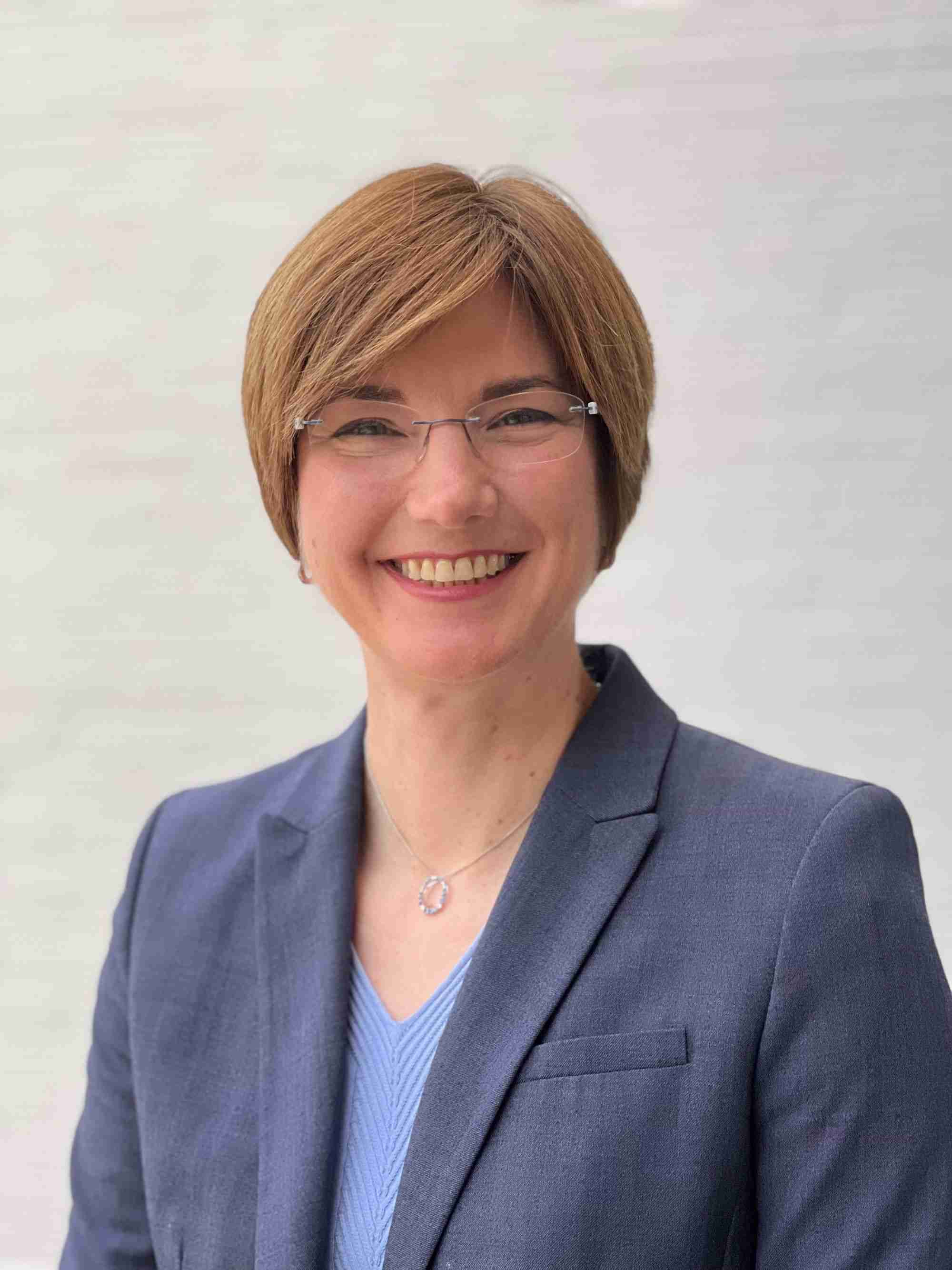
Erika Shugart
Erika Shugart Consulting
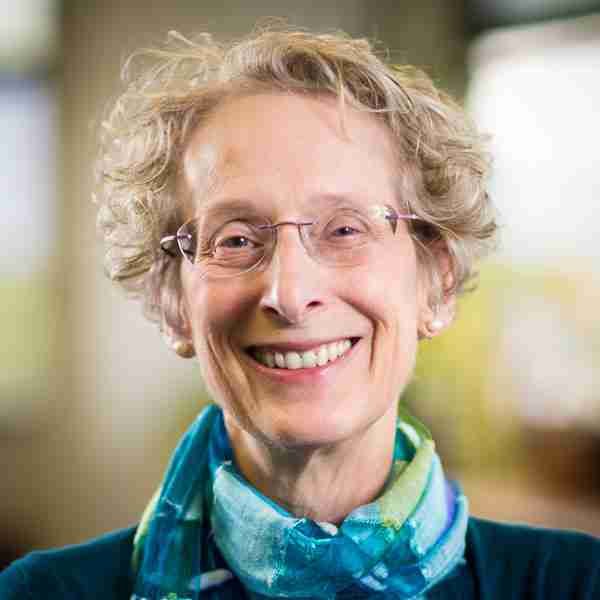
Louisa A. Stark
University of Utah
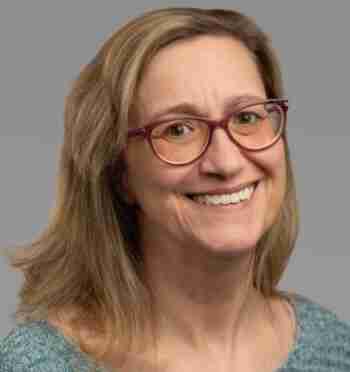
Kristin M. Bass
Rockman et al Cooperative Inc.
